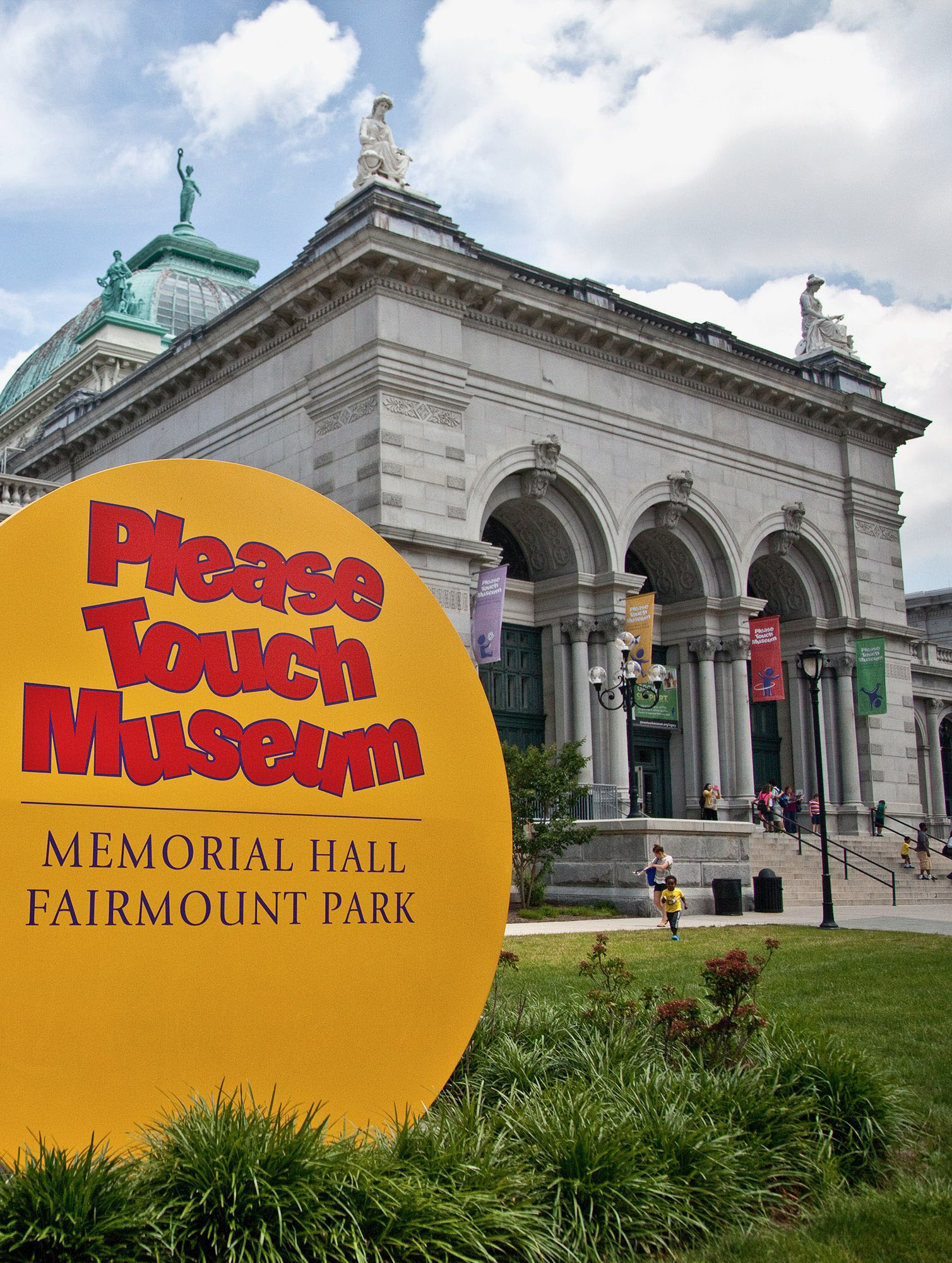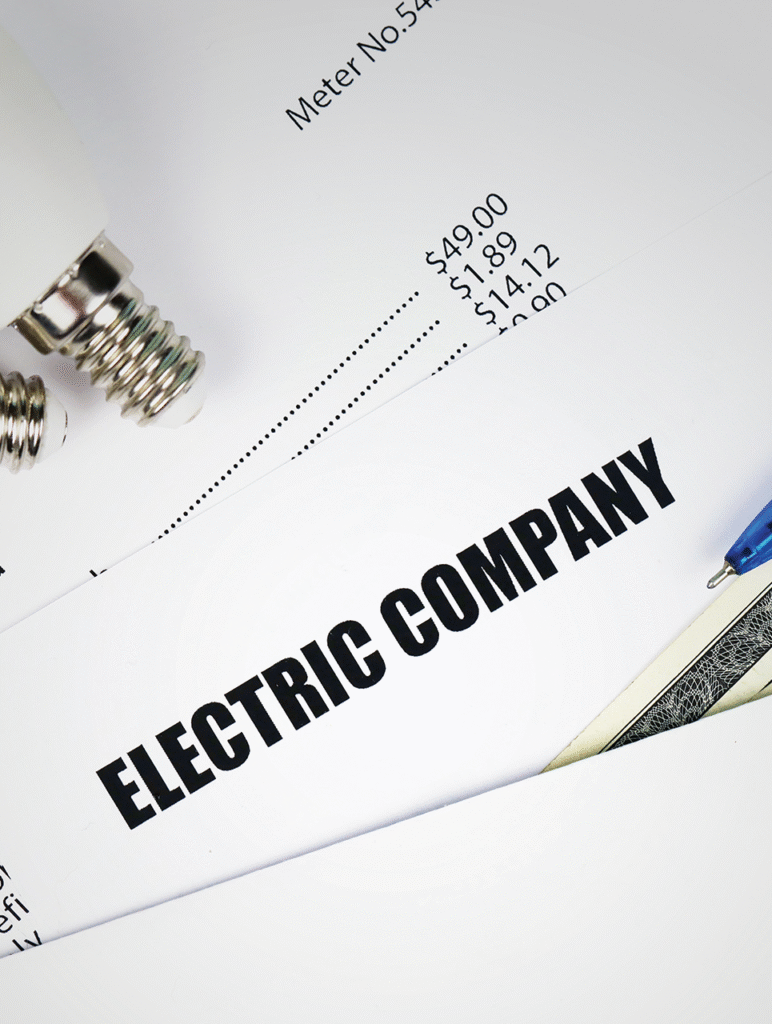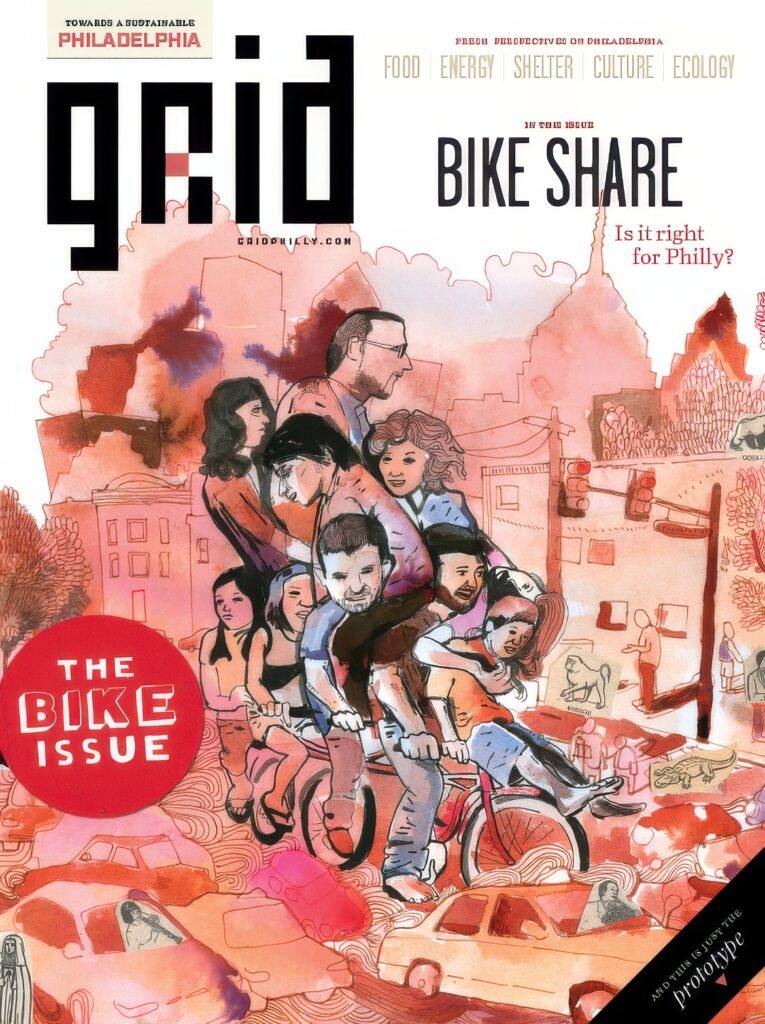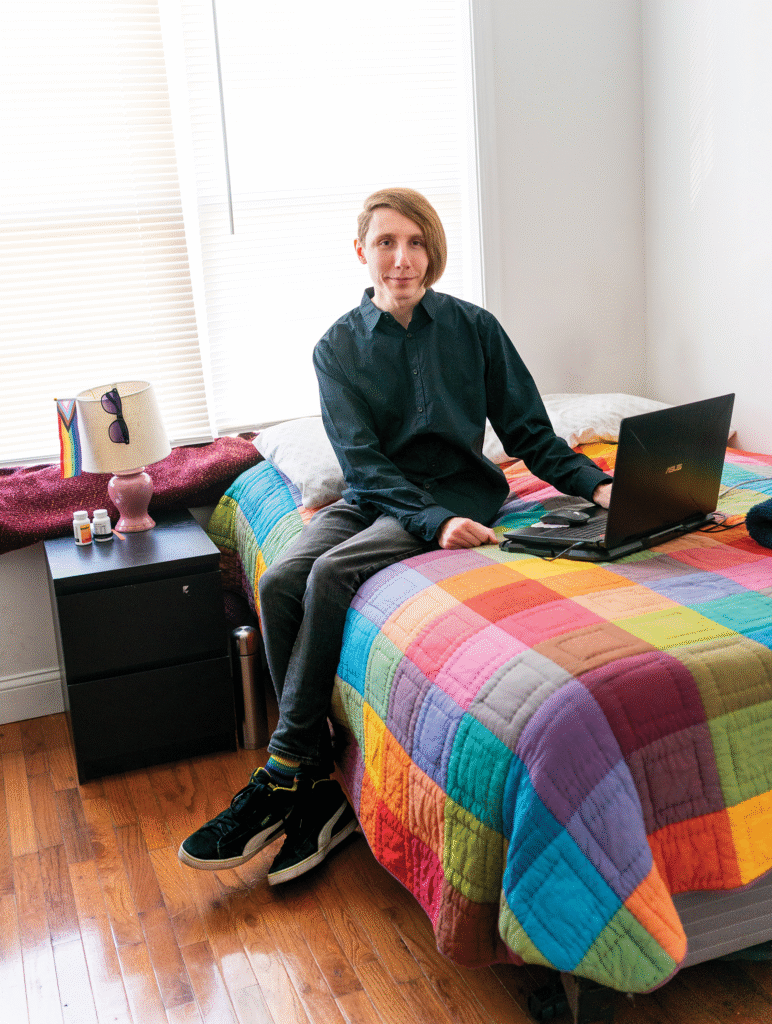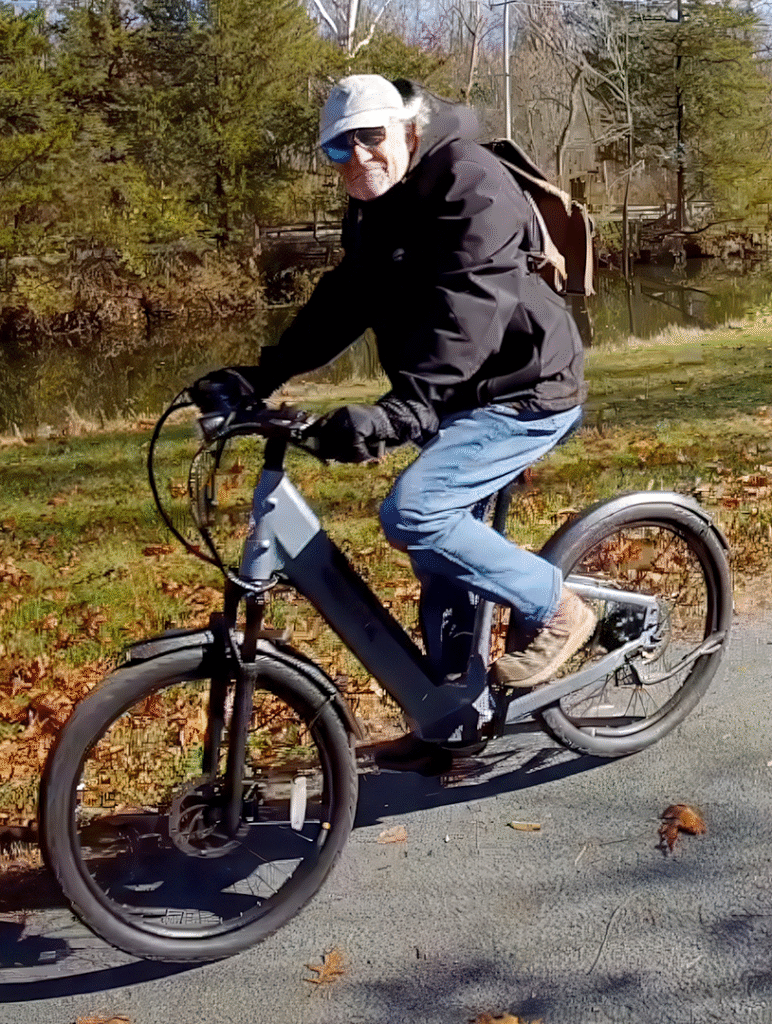As the 13 weeks of Mayor Parker’s block clean-up plan came to an end and another is set to begin, I was incredibly disappointed with the Mayor’s press conference on the subject last month. She touted the impact of so many thousands of blocks cleaned with no real context as to how many needed to be cleaned or were missed, and then gave a rallying cry with only vague allusions as to what happens next.
I’ve heard my fellow residents try to square the Mayor’s actions with the fact Philly is still filthy after the cleaning campaign by saying, “At least she’s doing something.” But in my opinion that “something” is nothing more than a sleight of hand.
As the Inquirer reported on July 31, litter complaints through 311 are actually up since the cleaning began. And I’m thankful for the Inquirer’s recent report on the before and after results of the Mayor’s 13-week cleaning program. However, I feel like those examples don’t do the incredible failure of this initiative justice. Here are some pictures I took in the parts of the city I traverse for life and work to prove the point.
This is the Frankford Neighborhood on June 6, on the morning of the scheduled cleaning, which was marked completed on the City’s interactive map.
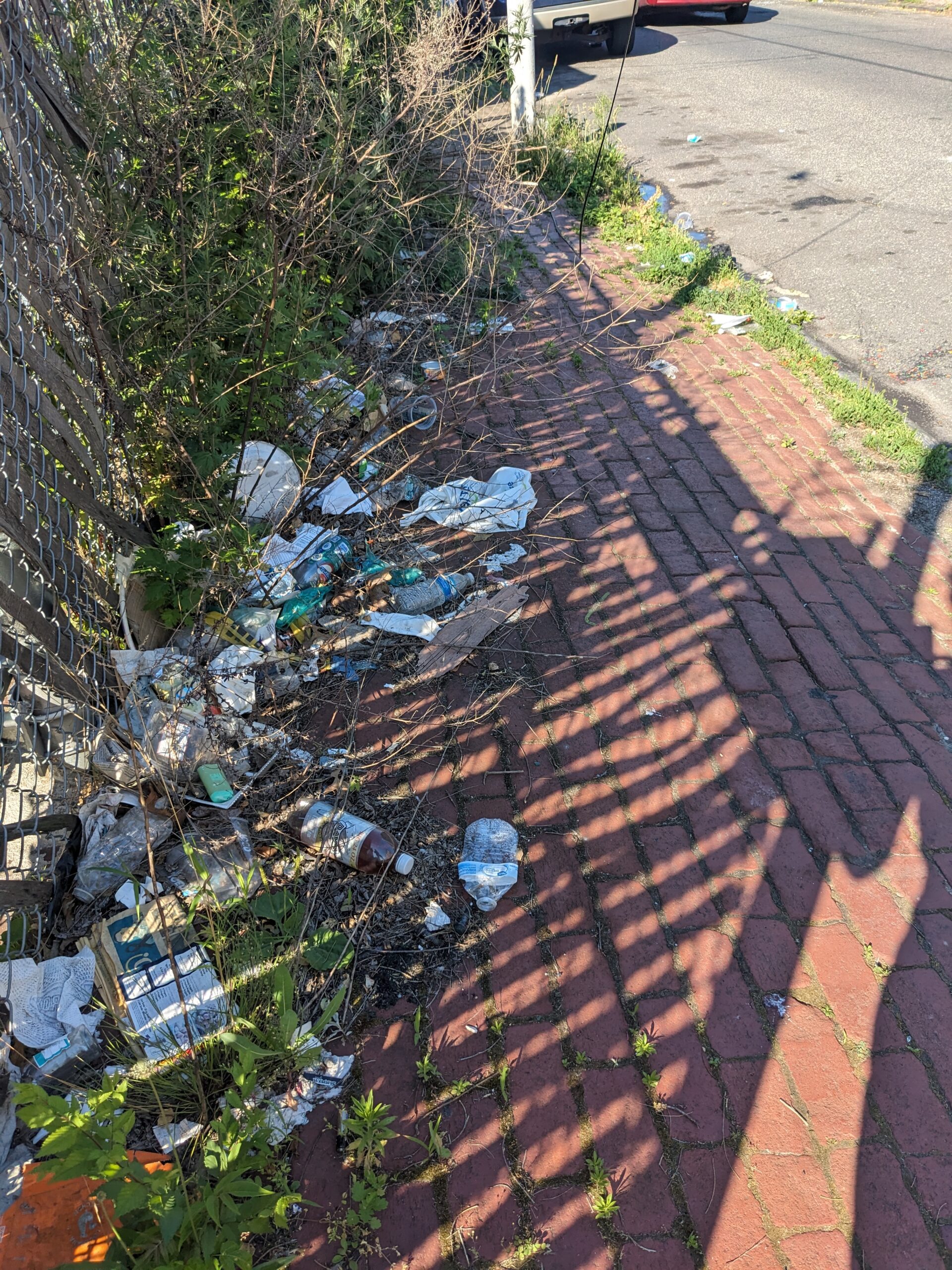
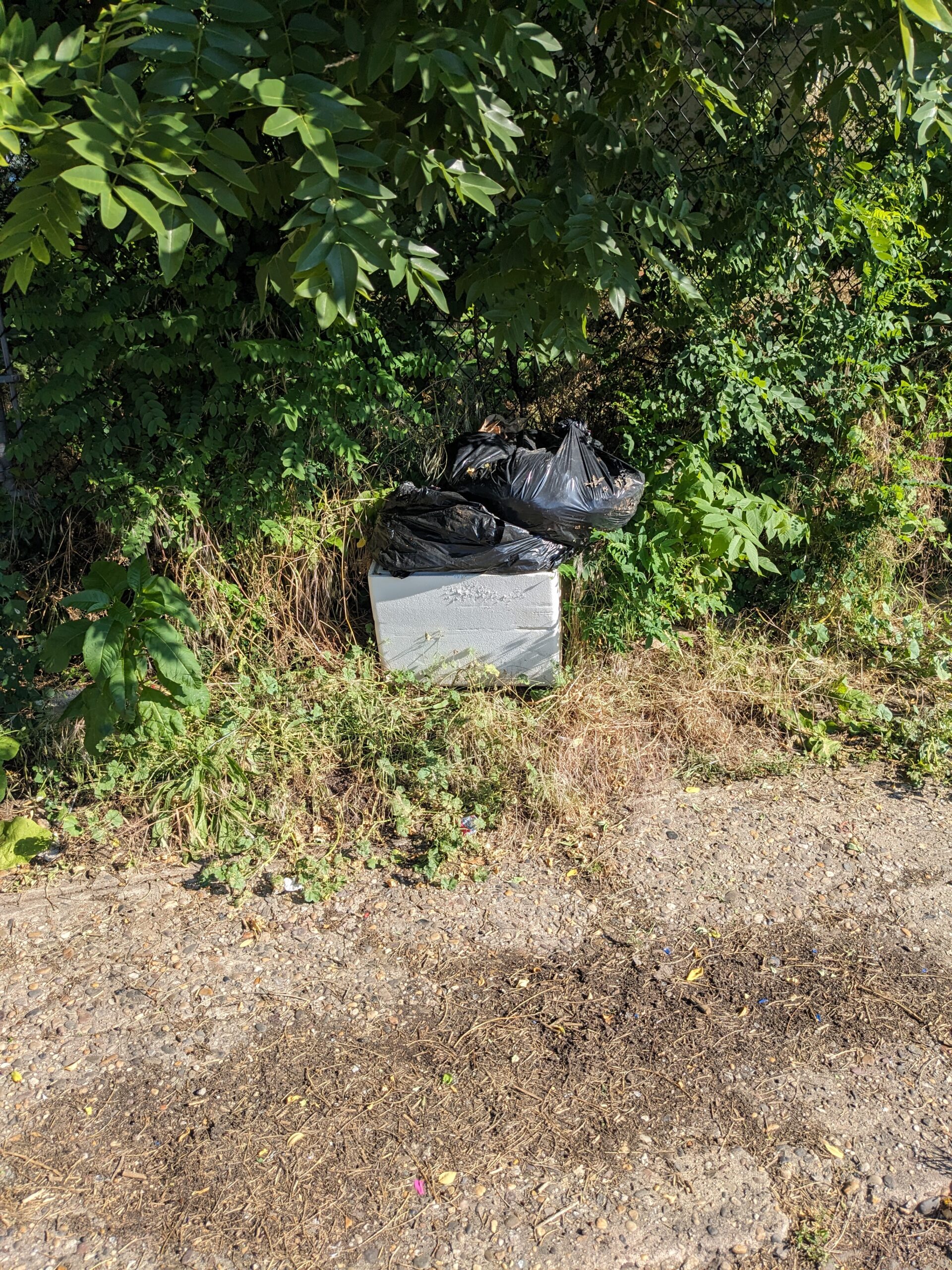
This is what it looked like on June 13, just a week after the cleaning.
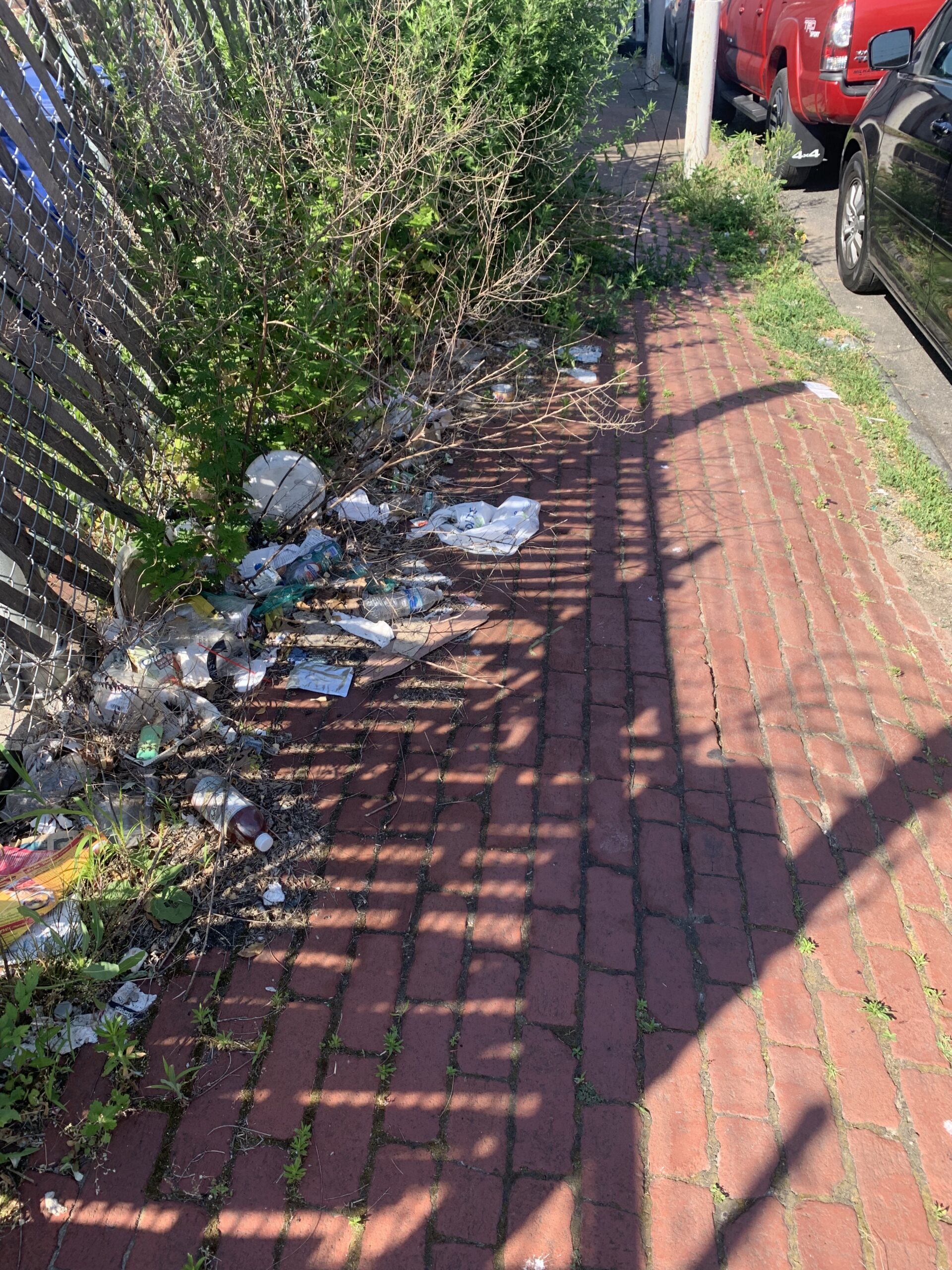
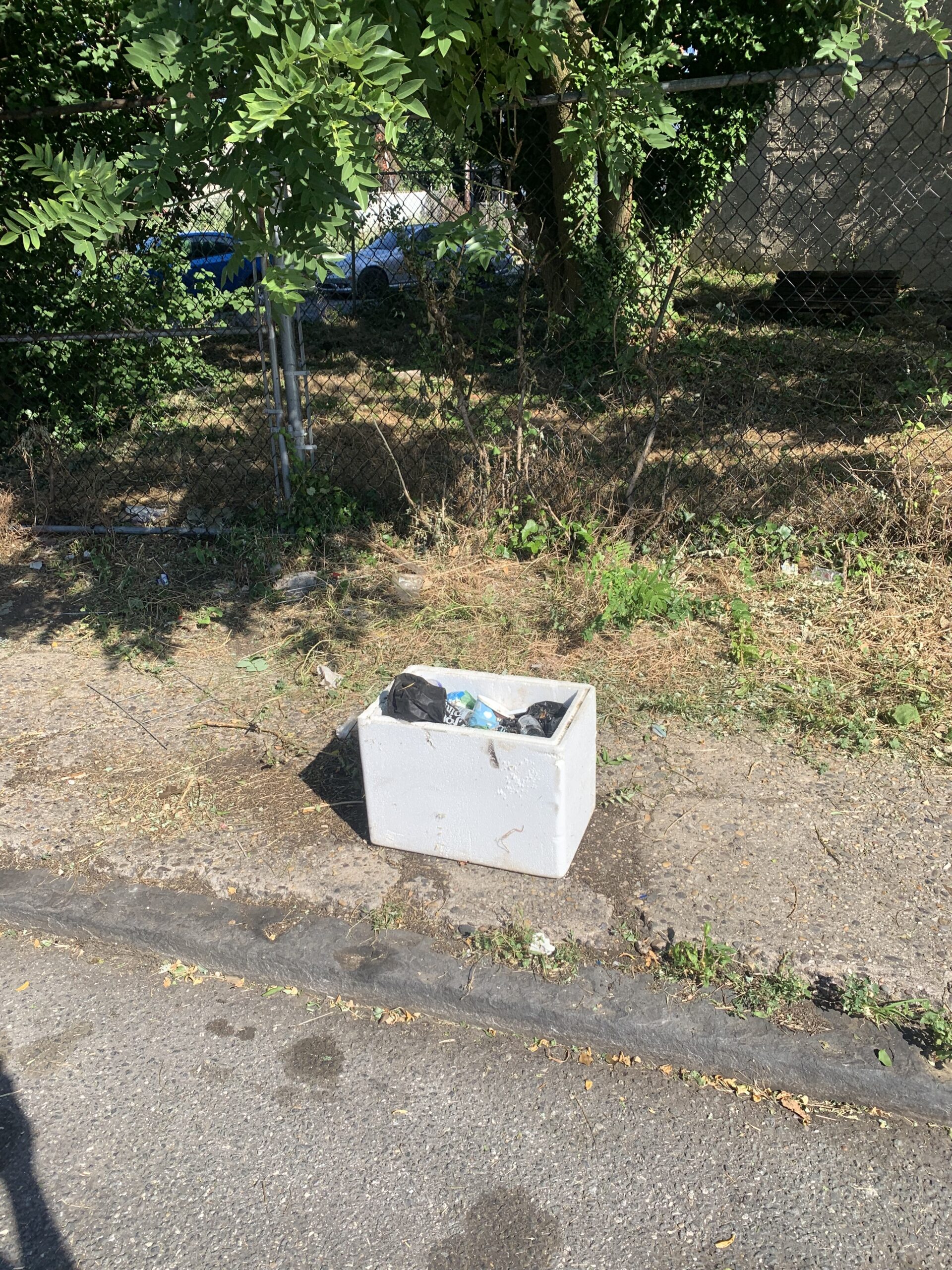
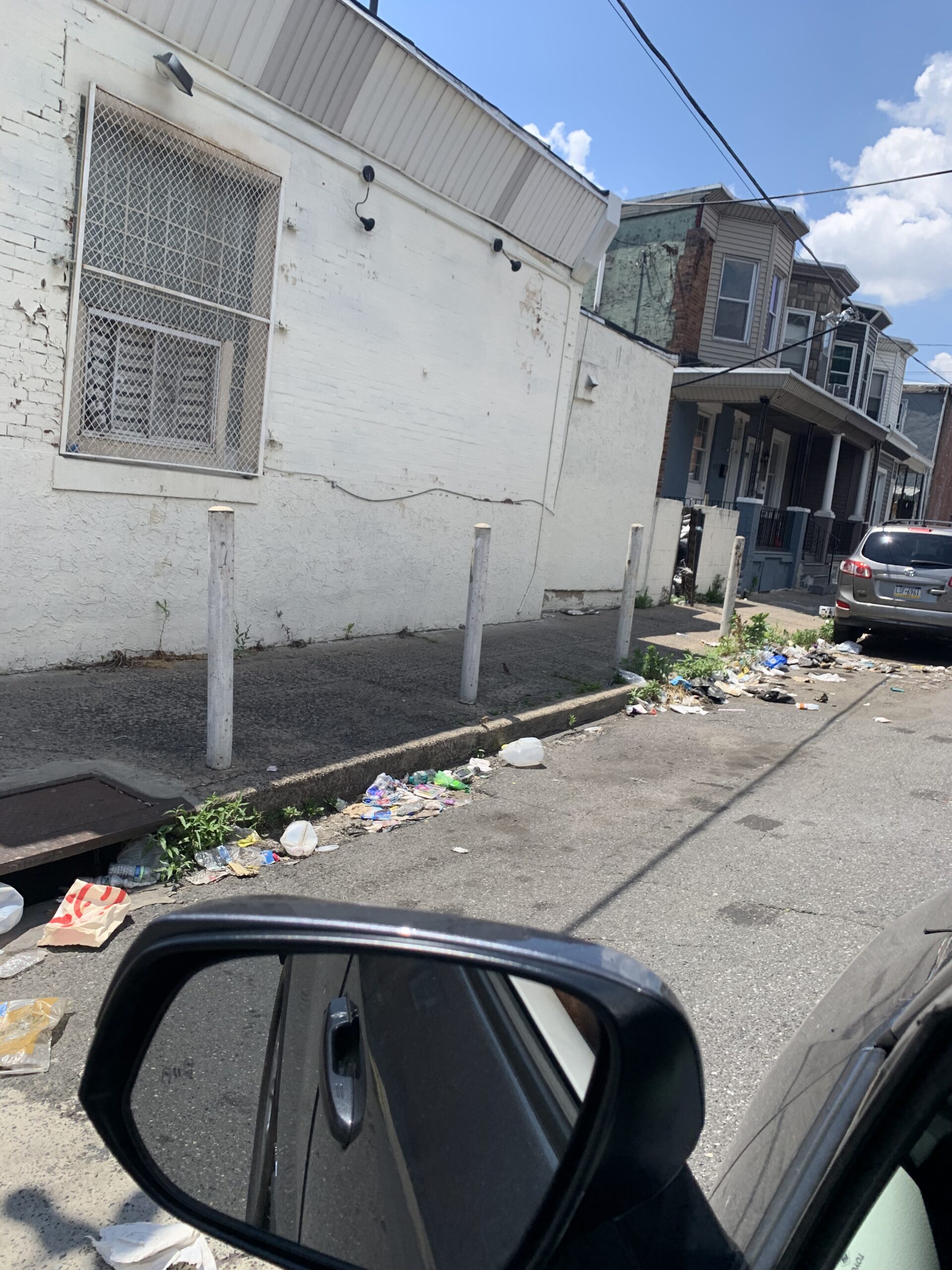
They literally just weed-whacked around the dumped cooler and left it there. Here is this tire dump that has been at the corner of Adams and Torresdale for at least a year and wasn’t even touched.
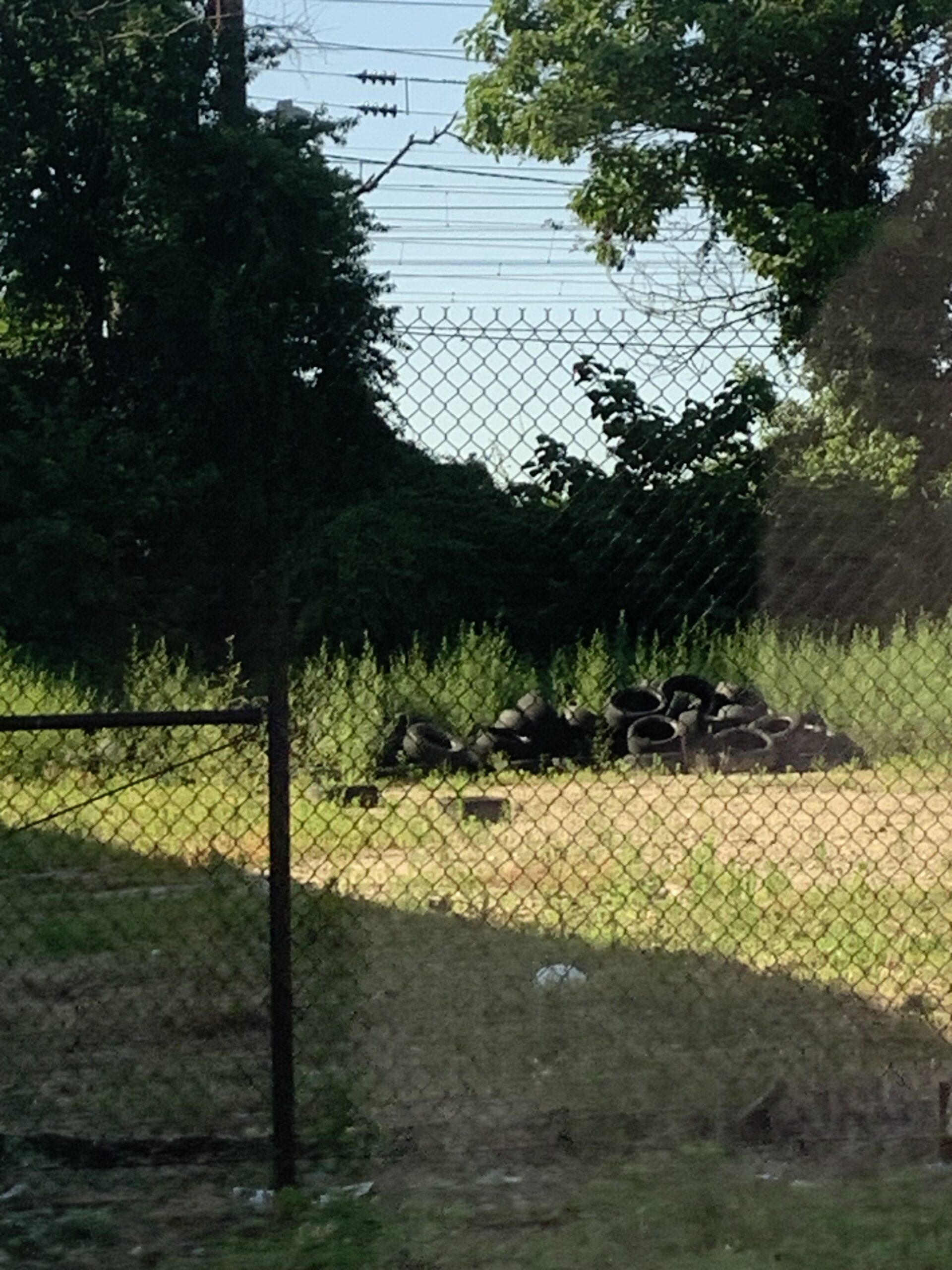
Let’s move on to some blocks in Kensington. Here’s Front Street on June 25, two days before the scheduled clean up of June 27, where a fence line in front of a vacant lot has been littered for months and this Big Belly trash container is a constant dumping ground.
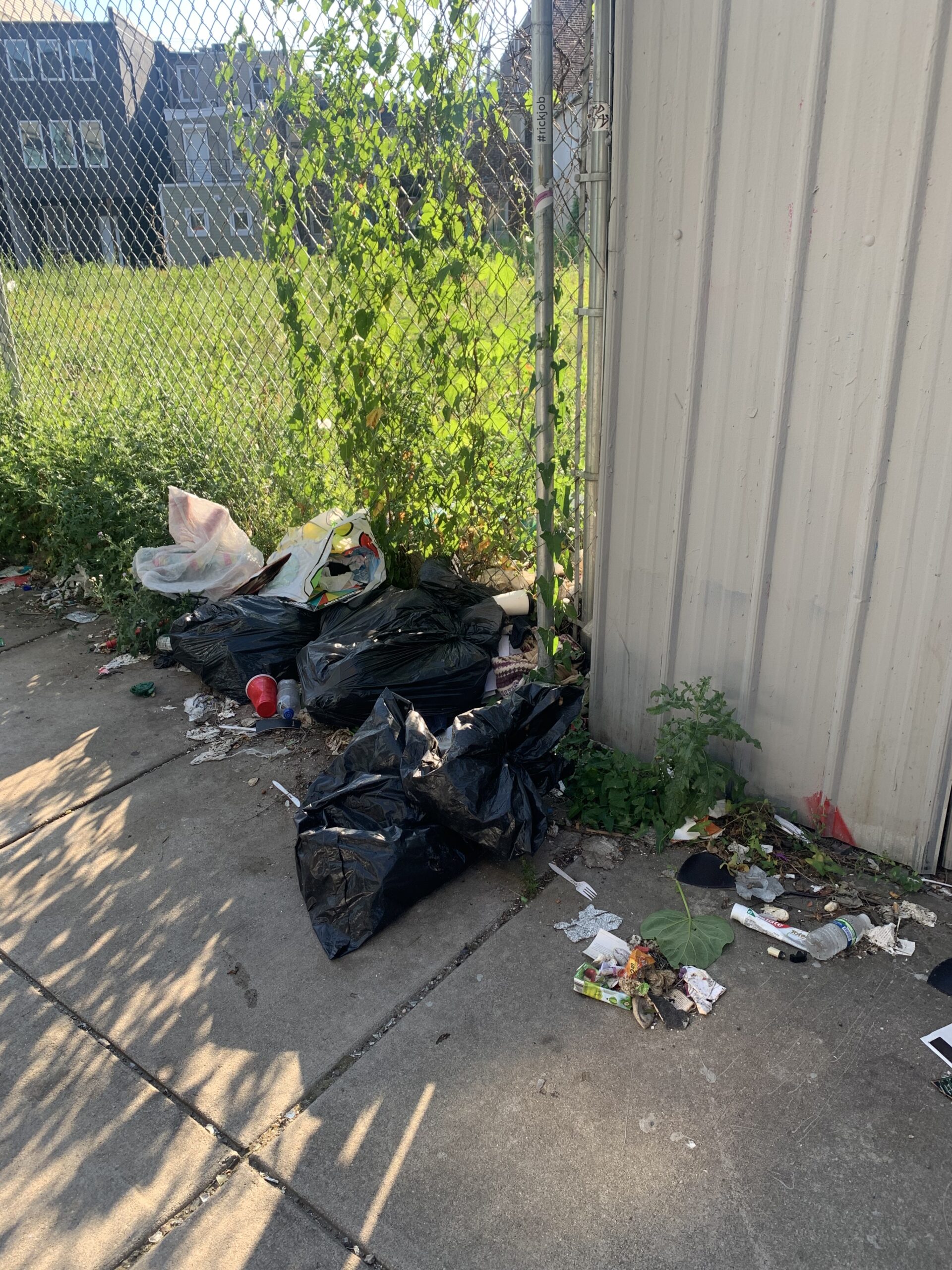
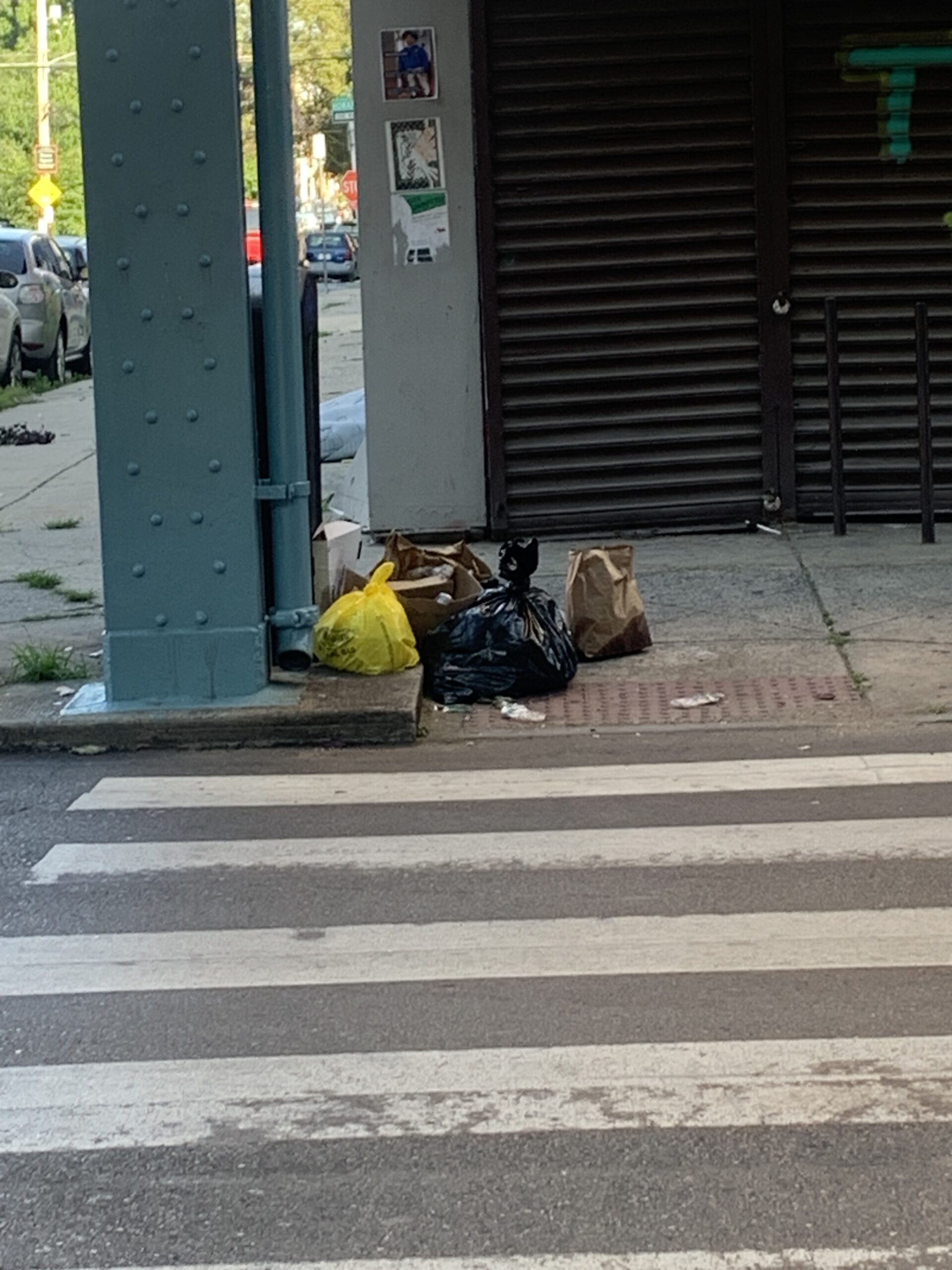
Now this is one of my favorite pictures. This is Emerald Street on June 27, just minutes after the blowers and trucks came through. Notice the litter still sitting there.
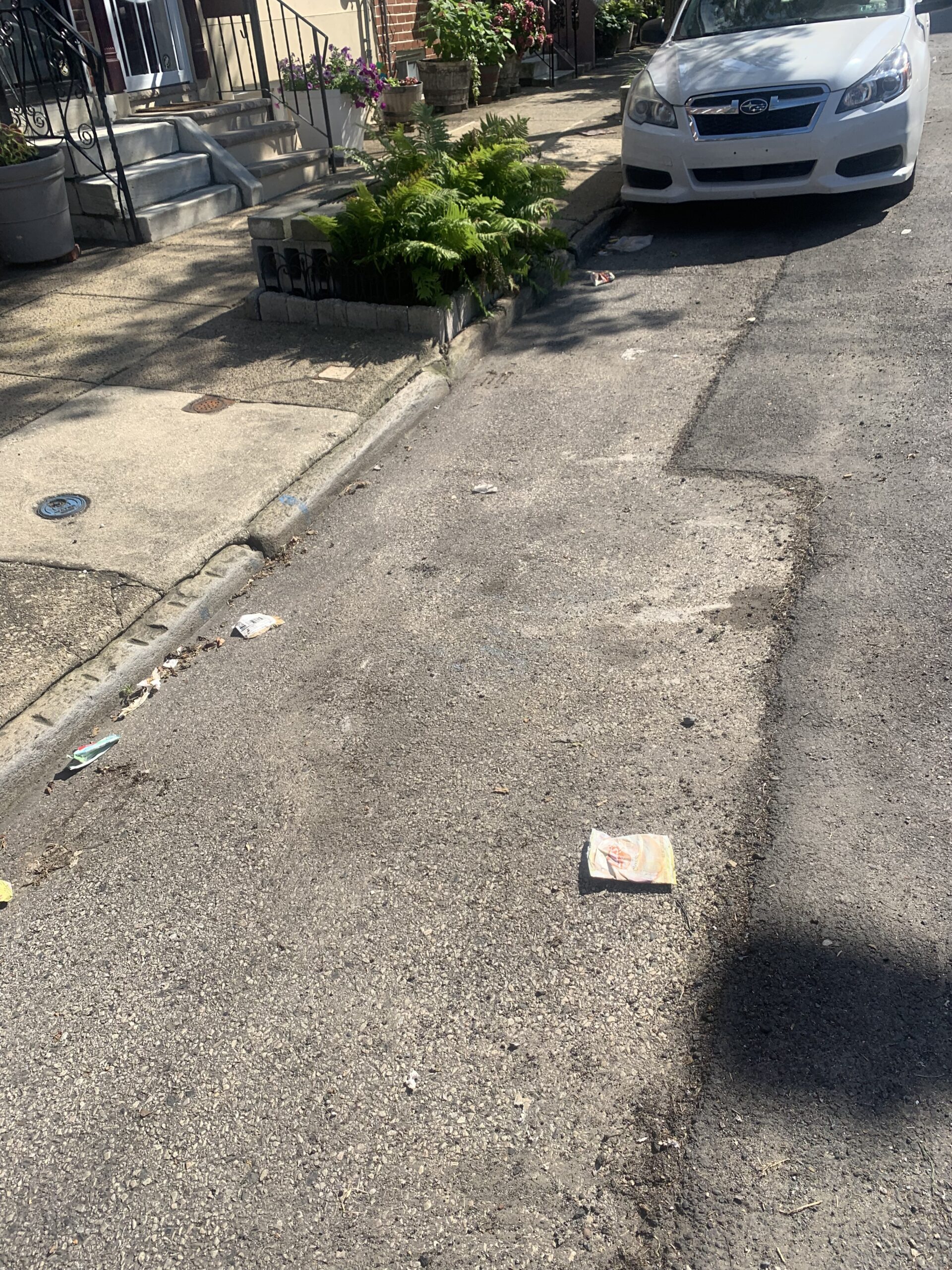
On July 2, here is that fenceline on Front Street that was never touched and the corner with the Big Belly that just can’t seem to shake the illegal dumping.
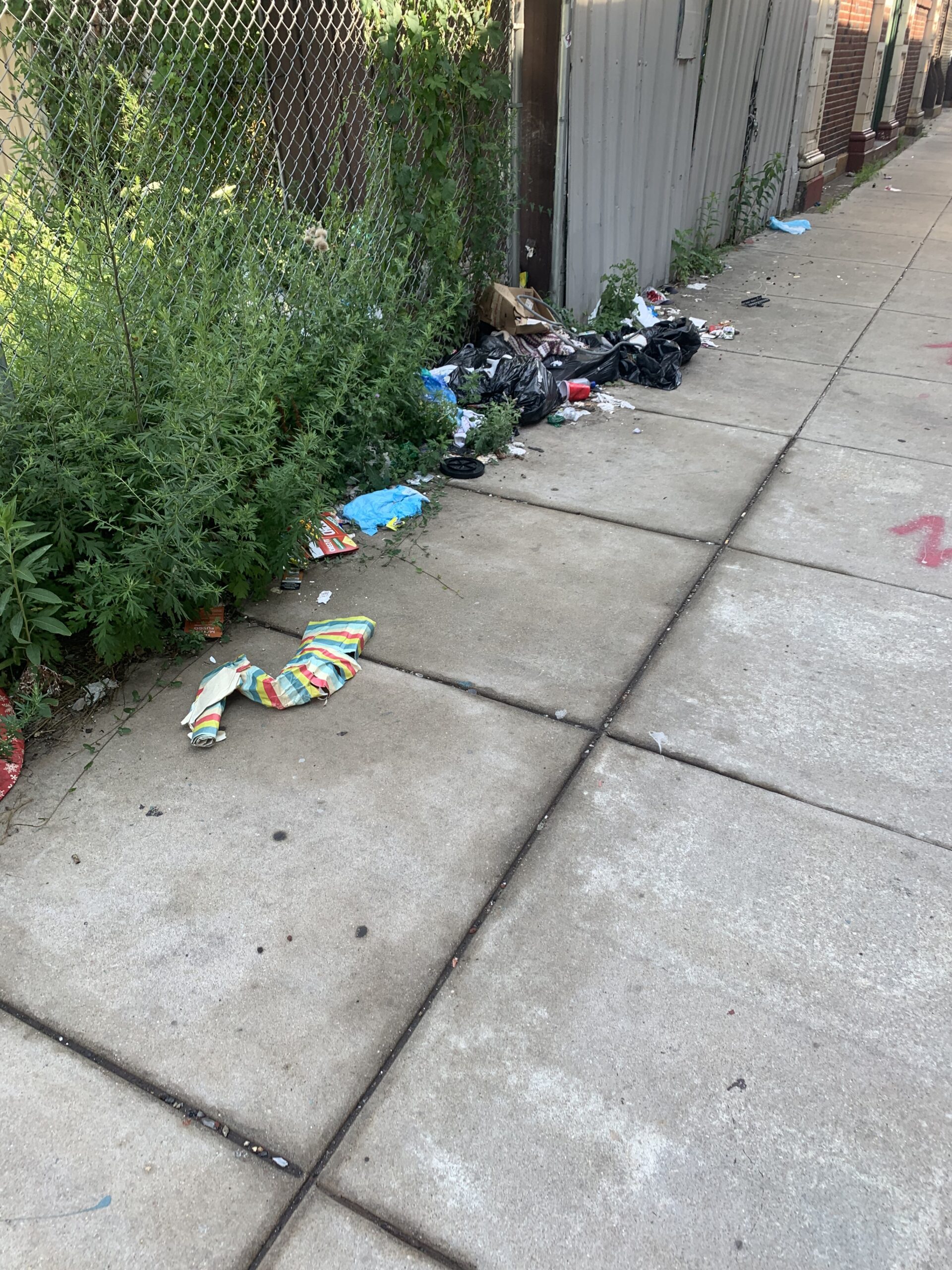
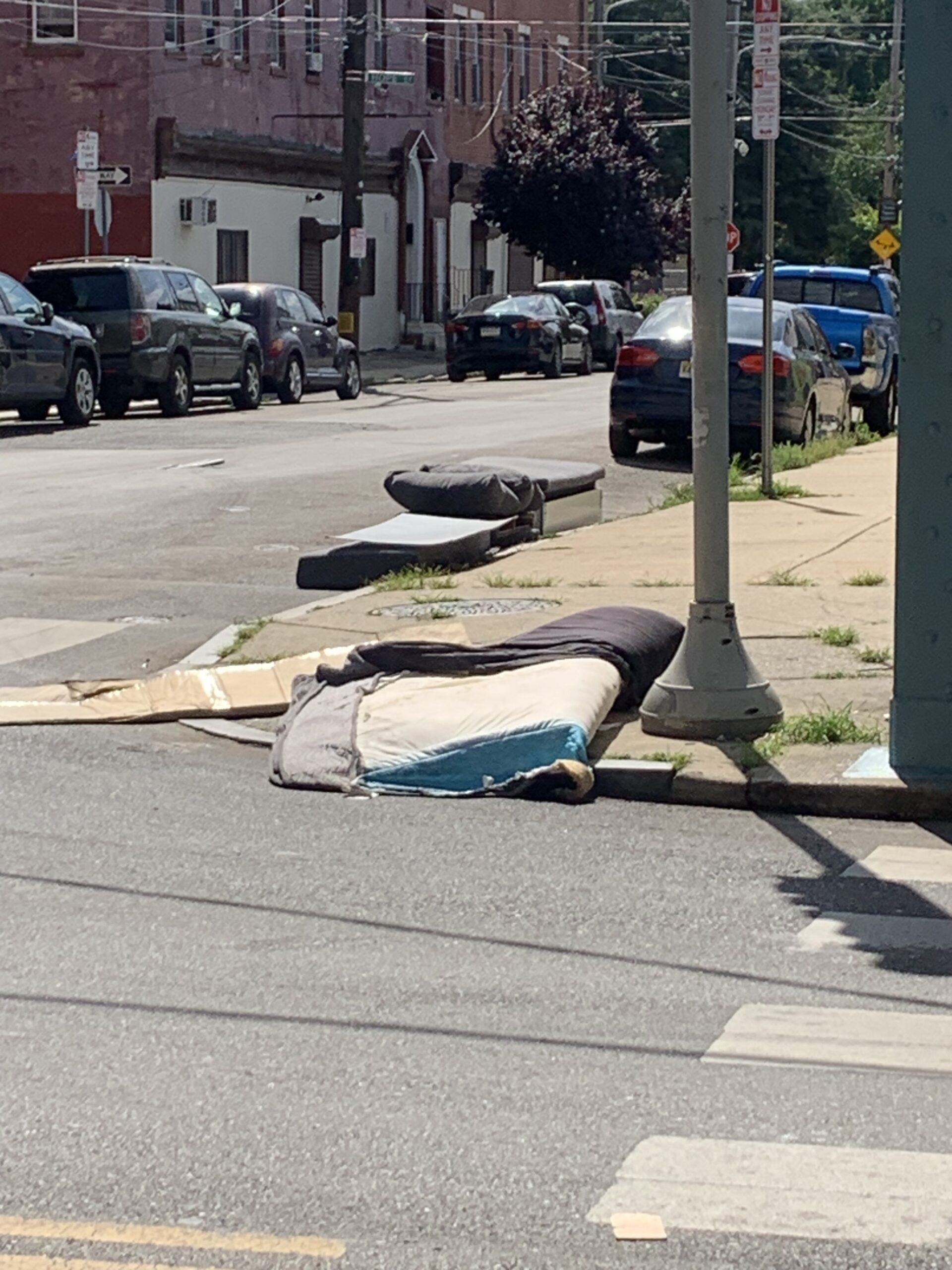
I’ve been baffled by the residents who stick with the refrain “at least she’s doing something.” But the growing number of people who are seeing through the smoke and mirrors gives me hope. Just as I was preparing to sit down and write this commentary, I received a message from an old City government colleague who is equally disillusioned with this illusion of City government in action. They expressed that the City never came out to clean their block even though the map says it did. And even though this person called 311 and their district council office, there were no answers. The only solace was that a staffer in that council office also complained that their block was never cleaned.
The reason that cleaning alone won’t fix Philly’s litter problem is that Department commissioners do extremely little to understand the root causes of the problems facing the city, and therefore do next to nothing systemically to change those conditions. When those systemic problems rear their ugly heads, a City Councilmember gets a complaint (because those in the know call their Councilmember while those who still believe in systems use 311) and then the Councilmember calls said commissioner and asks them to go fix the problem. The problem gets a band aid solution that treats the symptom rather than the root cause, the resident who is prioritized due to politics is happy, the Councilperson retains a vote, the commissioner keeps his/her job and the whole sick cycle just keeps on spinning.
Since we’ve elected yet another mayor out of City Council, I’m not sure why we’d be so surprised to see Mayor Parker follow this playbook, but here we are. It tracks that the only next step that I’ve heard after this 13-week cleaning program is that each council district gets its very own clean-up crew with which to play litter and illegal dumping whack-a-mole in an effort to garner more votes at reelection time.
Office of Clean and Green Director Carlton Williams also signaled that the rest of the “plan” is left to residents in the tone-deaf guidance he shared in a July 31 Inquirer article. He stated that now that residents can see a clean block, they’ll want to take it upon themselves to keep it that way. This disregards the systemic nature of litter and the illegal dumping issues in this city and unfairly puts the onus on residents, implying that a clean block never occurred to them before this 13-week cleaning program.
But maybe there’s a silver lining here. If a City government program fails this miserably, it could open up an opportunity to actually change course. To use another timeless quote, which was most recently borrowed in the fantastic movie Kung Fu Panda 4, “It’s never too late to do the right thing.”
Here are a few policy ideas I’d like to see the Mayor enact to salvage this initiative and create some good out of an abysmal situation.
- First, I pray that the City did a litter index while the crews were out there on each block. If they didn’t, it’s a major wasted opportunity and one they should correct immediately. If they did, please use the data to understand where the problem spots are and how to target resources. As I can attest from my days as Zero Waste and Litter Director, it’s a highly effective tool.
- Please make actionable data publicly available like the Zero Waste and Litter Cabinet did on CleanPHL.org. The Parker Administration promised a public dashboard that would allow residents to track progress on these initiatives. This hasn’t materialized. All we have are reports on how many blocks were cleaned, how many potholes were repaired and how much graffiti was removed. But if you have no metrics to judge these numbers against (e.g. we fixed 67% of potholes in the City, we improved this many blocks’ litter index scores from X to Y) those numbers really mean nothing.
- Have an actual plan for reducing waste and litter that includes a complete overhaul of the way we set out and collect trash and recycling in this city as well as employing other waste reduction techniques. (This can all be found in the 2017 Zero Waste and Litter Action Plan.) The Office of Clean and Green has told the public to expect one by the end of the year. But after seeing the deadlines they have missed already, I don’t expect them to hit this one. Other deadlines, such as the 13-week cleaning schedule, are only met on paper. On the ground, there are still blocks waiting to be cleaned or that return to their littered conditions only days after a cleaning.
- And finally, even with the most innovative and effective waste prevention strategy, there is still a need for routine cleaning. The City, led by Councilwoman Cherelle Parker, accepted that municipal government couldn’t clean every commercial corridor on a consistent basis. So they created the Taking Care of Business program, which funds companies to do the cleaning. They should use the same strategy to fund a proven solution like Glitter, an app that lets residents report litter and get paid to pick it up, to clean the neighborhoods.
Cleaning blocks twice a year during a 13-week clean-up is not going to cut it. It’s commonplace in many major cities, including Pittsburgh and Phoenix, to have at least once-a-month cleaning in denser parts of the city and at least quarterly cleaning in residential neighborhoods. And to put a point on it, here’s Emerald Street on July 2 when the rest of the neighborhood reverted to being littered just days after the cleaning. Guess what? That block has a Glitter cleaner.
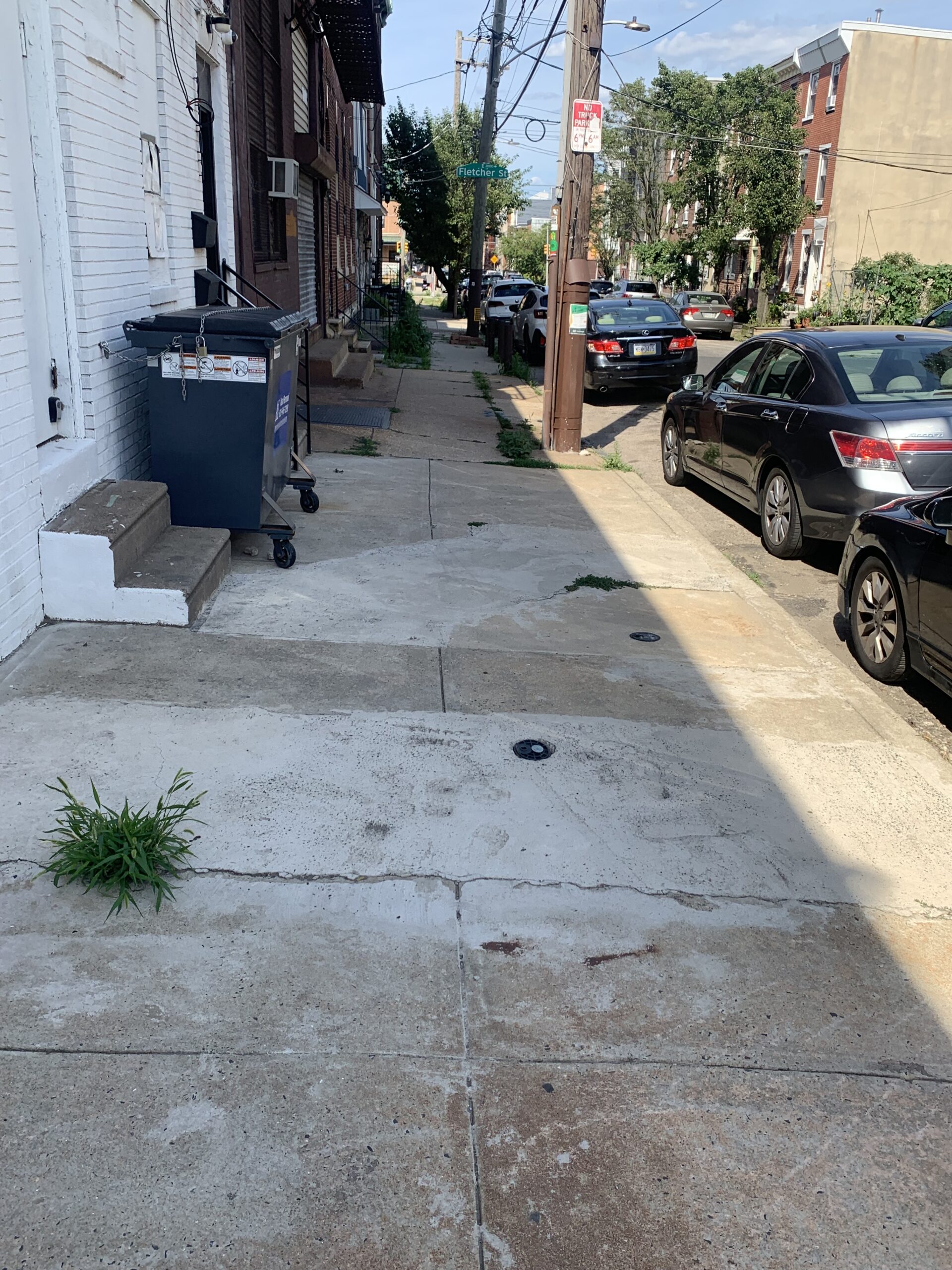
We deserve better, Philadelphia. So let’s not fall for this tired trick by simply being satisfied that a politician is “doing something.” Let’s hold the Parker administration to a higher standard and demand real solutions to systemically end litter and dumping in our city.



